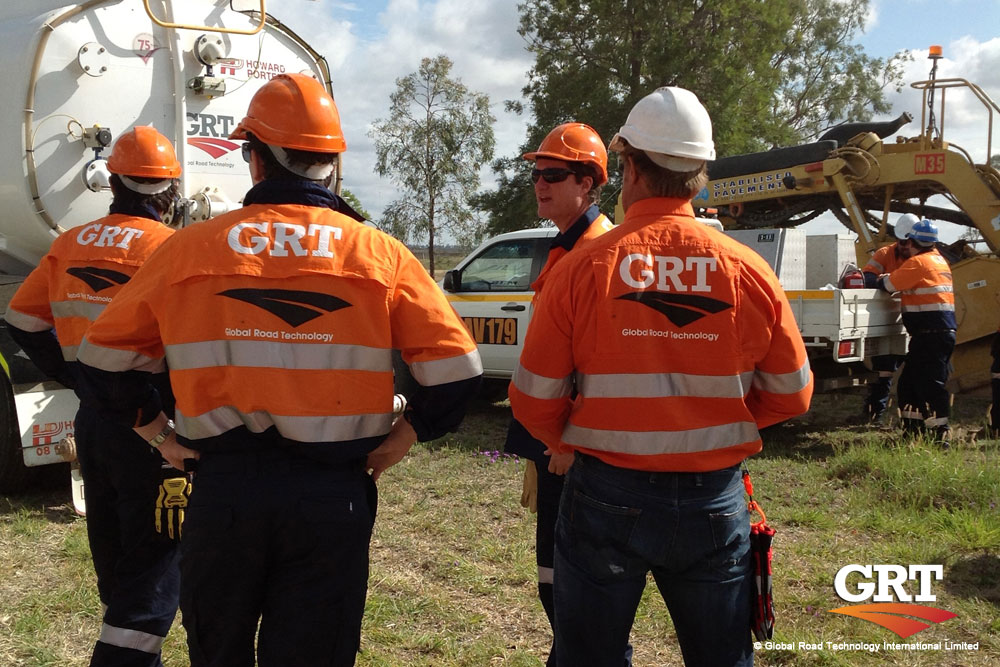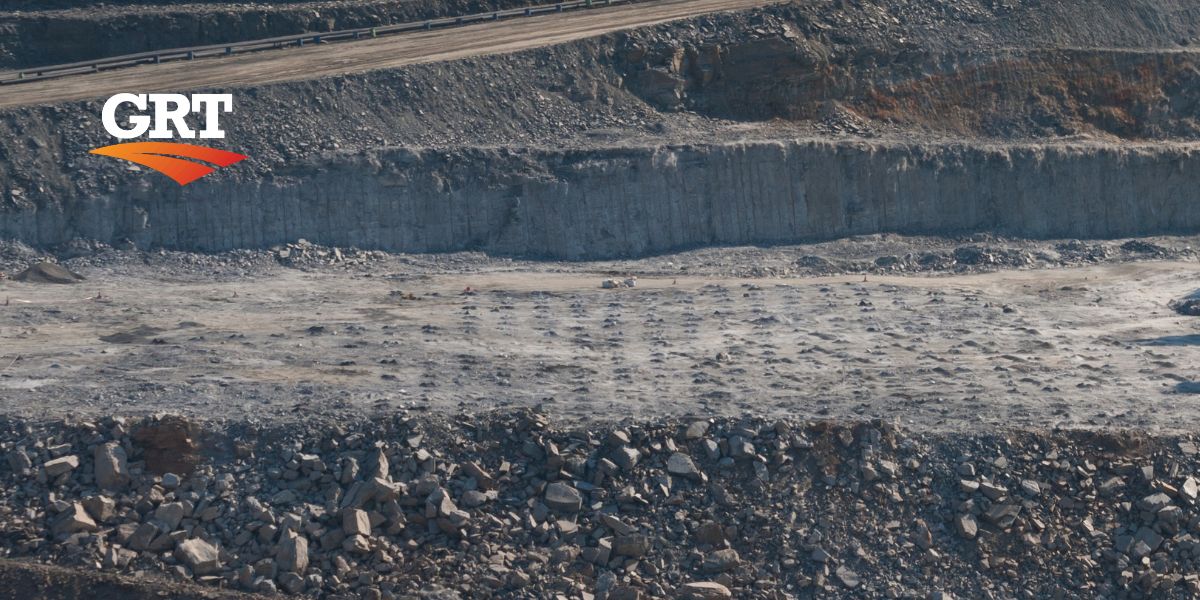The full extent of consequences of the COVID – 19 pandemic is far from over. Experts believe that there is a “second curve” that will hit not only the Australian population but worldwide. This time the effects will be on Australia’s mental health, which are projected to sweep across the country. Experts have warned, that even though the mental health problem isn’t currently dire, the unseen consequences of the pandemic are yet to be felt, especially due to the uncertainty of the future. It will likely result in a dramatic increase in anxiety and depression cases, as a result of the social and economic impacts of COVID -19.
A Truly Worldwide Issue
The COVID-19 pandemic has affected almost every person on earth in one form or another. A situation like this hasn’t presented itself historically in a very long time, making it unfamiliar territory as to what comes next in recent times. Recent modelling analysis has predicted dark times ahead, as it’s possible that suicide rates could potentially increase by between 25-50% per year for the next 5 years if urgent action is not taken. Even though the basis of these predictions has been questioned, the situation remains that we are currently facing an exceptional issue, and the full ramifications are difficult to predict and mitigate against. These results come after recent data (April 2020) was compared to national survey data from earlier results recorded in 2017-18. The most concerning data found that a number of people feeling “restless or fidgety and nervous” has significantly increased. Experts have found this likely to be linked with the physical effects of confinement as a result of the lockdown and anxiety about infection.
In this case, much of the anxiety cases are related to worries about infection and is most likely the reason as to why Australia has been able to flatten the infection curve. What is worrying about these statistics is that the long term effects of this anxiety can lead to, or result in serious mental issues such as depression, especially when coupled with an economic recession. Even prior to COVID-19, it is believed that up to 30% of the Australian population suffered from a serious form of mental issues that usually stemmed from anxiety and depression. The potential risk of mental issues on top of these as a result of COVID-19 figures has sparked serious concern from industry professionals and increased pressure for the federal government to increase the capacity of our mental health care system to manage an increase in people needing psychological help.
Example in the Mining Industry
Are environmental regulations, health and safety concerns or potential profit loss a concern right now?
The mining industry is one of many that have been flagged for the potential increase in mental health cases, especially due to the gruelling rosters that have resulted from the COVID-19 pandemic. At a high profile gold mine in WA, miners and workers have received their new rosters. Many of these workers have found to have multiple 12-hour shifts in succession. This comes as the company’s estimated productivity fell 10% across its operations during the last few months. Many are blaming the impact of the new health and operating protocols that have been introduced as a result of the COVID-19 pandemic. Some miners have been assigned a 2/1 roster, one of the most common rosters being 14 days on and 7 days off, whilst others have endured four weeks on and two weeks off. Workers have complained that the 12 hours shifts are “ too much”. The Australian Manufacturing Workers Union has issued a warning to the company stating that these kinds of changes to rosters will likely increase the psychological stress of many workers on site, and the workers should be seeking to implement swings of up to 6 weeks after a determined period of time. The site has already been warned to be on “red alert” for fatigue and mental health issues and that the “12-hour shifts are sustainable”.

Government Initiatives
Initial steps by the government have been taken, such as introducing telehealth mental health consultations, boosting of existing phone and online support services as well as extending access to psychosocial support services. These measures alone are not significant enough to flatten the mental health curve. A concern raised by many experts in the mental health industry is that these services are helpful for people to recover from the mental illnesses once they develop it, however, the priority should be to prevent mental illnesses from developing. Some suggestions that the federal government must consider are equitable access to education, employment, as well as income and housing security as a long-term solution.
The new funding package announced by the Federal Government will be given for additional Medicare services. However, in the past, governments have attempted this same method to no avail. What is concerning is that in the last two decades there has been an increase in funding and resources put aside for mental health, and yet there has been no detectable improvement in mental health in the Australian population. The mental health industry already has a progressive program set up that has been tested and found to be relatively successful in preventing mental illness. These programs assist in counteracting the impact of risk factors for mental illness that has already escalated as a result of the pandemic from social isolation, parenting stress, workplace stress, grief and loss, as well as family violence. Is it time the federal government should be considering a second mental health-funding package?
How will society & industry react?
Around the world, there has been a range of various social reactions to COVID-19. In Japan, even though it may seem paradoxical, there has been a sharp decline in suicides, even with the increase in unemployment and financial uncertainty. According to mental health experts, the population in these countries reach a state of mind that results from the sense of purpose and social cohesion that has been brought about as a result of COVID-19. This social consequence is also observed in times when countries are at war.
In Australia, as stated earlier, prior to COVID-19, it is believed that up to 30% of the Australian population suffered from a serious form of mental issues that usually stemmed from anxiety and depression. The potential risk of further mental health cases as a result of COVID-19 figures has sparked serious concern from industry professionals around the capacity of our mental health care system to manage an increase in people needing psychological help. The fear in some people’s minds right now is the possibility of the federal government and/or industry (as outlined in the mining example above) announcing that due to the new economic situation, it will require a new way of working. As a result, the focus will be on restructuring the entire country’s working framework to adjust, and people’s mental health may be pushed to the back of the priority list. This has sparked major concern with many mental health experts. The full extent of the repercussion that Australia will face in the upcoming years is not yet known, but they will be devastating if the appropriate steps are not taken to assist in mitigating for the future.
Your feedback is important to us. If you enjoyed reading this Global Road Technology industry update and found it informative, please let us know by leaving a REVIEW.
References:
https://www.amec.org.au/covid-19/
Troy Adams
Troy Adams is the Managing Director of Global Road Technology (GRT) Specialising in Engineered Solutions for Dust Suppression, Erosion Control, Soil Stabilisation and Water Management. A pioneering, socially conscious Australian entrepreneur, Troy Adams is passionate about health and safety and providing innovative solutions that are cost-effective to the mining industry, governments and infrastructure sectors. Troy is also a tech investor, director of companies like Crossware, Boost, Hakkasan, Novikov and more.

